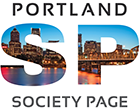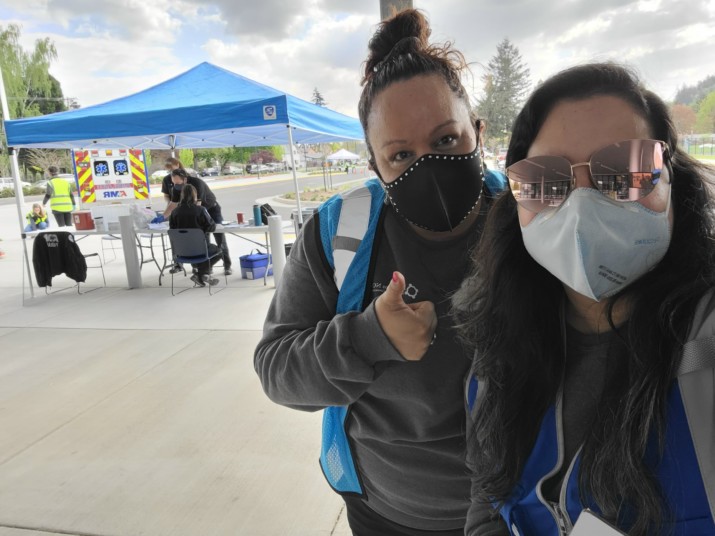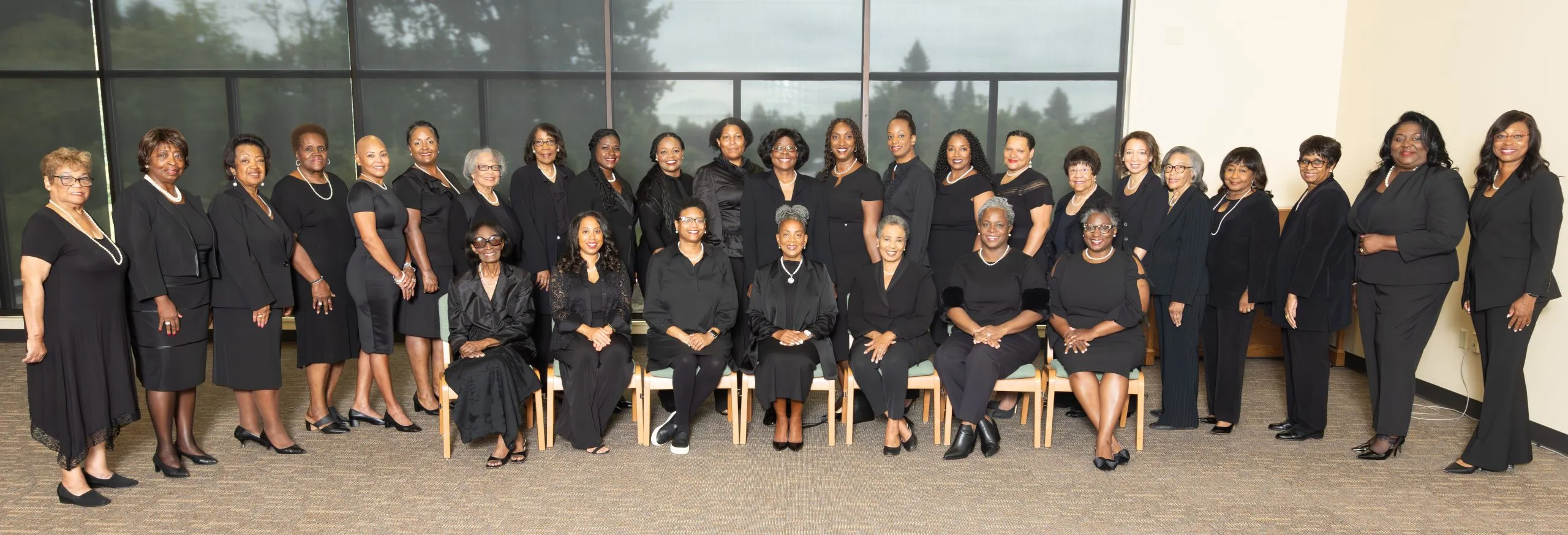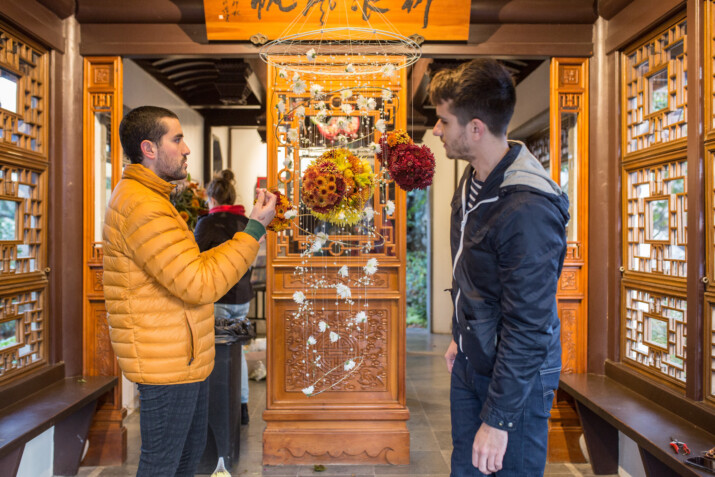Portland, OR. Five major health care providers are continuing their support of Project Access NOW (PANOW ), Project Access NOW clients are largely low-income, non-native English speaking, and identify as Black, Indigenous, or people of color. Since 2007, regional health systems including Adventist Health, Kaiser Permanente, Legacy Health, Oregon Health and Science University, and Providence Health & Services have invested more than $35 million to support health-promoting services for the un-and-underinsured even through the pandemic. The nonprofit’s mission is connecting low-income uninsured people to donated healthcare services, its focus has expanded to include innovative initiatives and partnerships that go beyond simple healthcare to also address the social determinants of health.
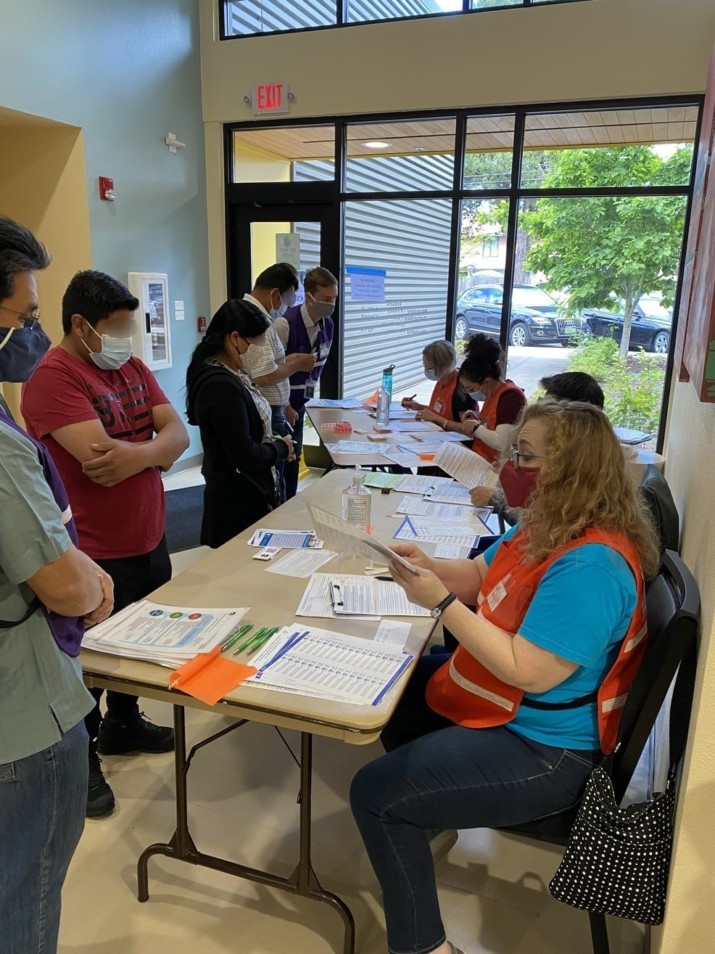
PANOW holds regular vaccine clinics, especially serving those historically underserved by health care in Oregon. A recent vaccination clinic hosted by Project Access NOW took place at Hillsboro Parks & Recreation Senior Center.
Over the next three years, partners have pledged to contribute a total of $7.85 million, increasing their annual investment by over 55%. In a post-pandemic time requiring greater access to care needs, this targeted investment will support navigation for over 4,500 individuals between the region’s primary care homes and hospital systems, help 24,000 individuals enroll in Medicaid or another qualified health plan, and offset the cost of health insurance premiums for more than 1,000 Oregonians unable to afford their monthly expenses. In addition, these resources will leverage the organization’s outreach team, the majority of whom are bi-lingual and/or from immigrant communities, building on their trusted networks to address vaccine hesitancy and promote COVID-19 vaccination rates within the region’s culturally specific communities.
Project Access NOW is a Portland, Oregon-based 501(c)(3) nonprofit organization known for its collaborative and equitable approach to community-wide health improvement efforts, as well as its longevity. Since 2007, the organization has provided a one-of-a-kind space for cross-system collaboration. Major health care providers in Oregon have supported the organization throughout that time to promote work and positive impact in alignment with their Community Health Needs Assessments.
In more recent years, Project Access NOW has pivoted to support urgent and emerging community needs such as heightened enrollment during the rollout of the Affordable Care Act and partnering with regional public health to administer over $1 million CARES Act and Oregon Wildfire relief dollars. Carly Hood-Ronick, Executive Director of Project Access NOW, says: “We know the health care environment is changing, with legislation like Cover All People. We are committed to continuing to partner with our regional health systems to evolve and ensure all have access to the resources needed to achieve their best health.”
Jennie Leslie, MD, Board Chair says, “After having served on the Board of Project Access NOW for years, I see now more than ever that PANOW is the glue that holds our broken medical system together. With a new leadership team and strategic plan, we refresh our focus on our core mission: to provide a common space for our region’s health systems to work collaboratively towards quality healthcare for all.”
“We are proud to steward this historic investment in Oregon’s health care system,” says Hood-Ronick. “Over the past 14 years, Project Access NOW has provided access to health care, health insurance, and social resources for more than 60,000 Oregonians, most of whom come from our BIPOC communities. We are committed to promoting equity and to helping individuals better access Oregon’s health services – whether through individual needs or as advocates for systems-change alongside our partners.”
From Project Access NOW:
We partner with care providers, hospitals, clinics, and other community-based organizations to address the health care system’s limitations.
Our solutions work to connect the most vulnerable in our community to the care and services they need, helping them get healthy and stay that way.
Our Strategies
- Connect low-income, uninsured clients to the donated primary and specialty care they need.
- Pay health insurance premiums for people who qualify for coverage under the Affordable Care Act but can’t afford the expenses necessary to access their care.
- Connect low-income people being discharged from the hospital to resources such as transportation, car seats, and temporary housing to help them get home safely and more easily access follow-up care.
Our strategies have a proven track record of success, as evidenced by the expanding list of partners and stakeholders who see the positive effects of our initiatives and value our contribution to community health.
Our Values: We share a collective responsibility as we strive to make each day and each action count in service of our mission through the following values:
Inclusion, Equity, and Diversity: We honor the fundamental value and dignity of all who we work with and serve. We strive to create an environment that respects and includes diverse perspectives, traditions and experiences. We commit to furthering equity throughout our organization.
Celebration: Our success depends on the contributions of each team member. We honor and care for one another as a community and celebrate our individual and collective accomplishments.
Flexibility and Resilience: We are adaptive and resilient as we encounter changing circumstances. We seek and embrace new ideas with enthusiasm and draw on the strength of our diversity for solutions that are enterprising and dynamic.
Transparency in Leadership: We listen with intention to understand, providing timely and open communication about organizational decisions. We strive to build an inclusive organization in which leadership actively seeks staff engagement and input.
Creativity and Innovation: As a growing organization, we nurture an environment where creativity, persistence, risk-taking, patience, caring, and the desire to contribute are encouraged and embraced.
